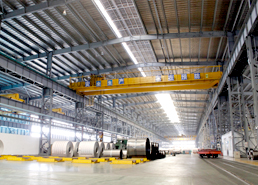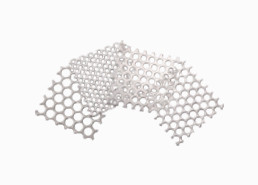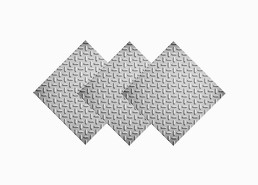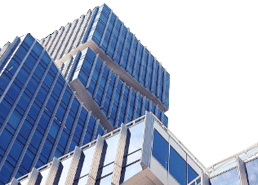Glencore's cobalt mine in DRC under scrutiny
April 24, 2022
The Democratic Republic of Congo (“DRC”) has put Glencore’s giant Mutanda copper-cobalt mine on a list of projects that could face renegotiation, while the critical battery metal mine is in the process of restarting.
The investigation into Mutanda comes as DRC President Felix Tshisekedi has stepped up scrutiny of mining deals under his predecessor Joseph Kabila. While the Congolese government is reviewing copper-cobalt mines controlled by China Molybdenum and China Iron and Steel, presidential advisers are renegotiating rights to multiple raw material licenses and royalty streams controlled by Israeli billionaire Dan Gertler.
"When you look at what was happening in this area with the previous regime, in terms of concessions given to foreign companies, it's not a big deal," Andre Wamesso, the president's deputy chief of staff for economic issues, said in an interview in the capital Kinshasa on Thursday.
Shameful."
Some of Mutanda's licenses are due to expire next month, and Tshisekedi has used the renewal process to set up an ad hoc committee to assess the project's benefits to the country, Wamesso said.
A Glencore spokesman said via email on Friday that Mutanda had not been formally notified by any committee.
Glencore in December confirmed it planned to reopen Mutanda, which went into care and maintenance in 2019 after cobalt prices slumped. The commodities giant said the project will produce around 11,000 tonnes of cobalt a year between 2022 and 2025, with expected average production of around 76,000 tonnes of copper and 21,000 tonnes of cobalt over the entire 20-year mine life.
Mutanda reopens as the economy shifts to cleaner technologies that use electricity as an energy source and automakers' demand for the battery metal resumes. And cobalt and copper are key metals in the green transition.
Three of Mutanda's four licenses are due to expire in May, according to the DRC Mining Cadastre.
"This is an opportunity for us to very calmly see how things are going and whether there is an improvement in terms of rebalancing the partnership with Glencore," Wamesso said. "We are not against Glencore." He also added that any rebalancing would ensure the country's "interests are upheld".
The DRC's Mining Act stipulates that miners can only submit applications for license renewal through the Cadastre and the Ministry of Mines. Neither department responded to requests for comment. The bill also requires companies to transfer 5% of their shares to the national government upon renewal.
Under the Act, the Cadastral Board sends a compilation of license renewal materials to the Minister of Mines, who has 30 days to accept or reject the compilation. If the minister says nothing, the permit is considered accepted, provided the cadastre has advised the application to be accepted. After that, the renewal must be registered by the Cadastral Office.
A Glencore spokesman said Mutanda was being updated in accordance with the process set out in the Congolese Mining Act, with registration expected in the coming weeks.
Mutanda produced one-fifth of the world's cobalt and nearly 200,000 tonnes of copper in 2018, its last year of full production. According to Glencore's 2021 annual report, the company restarted processing oxide ore inventories late last year and explored future mining of the Mutanda sulphide resource.
Negotiations with China Molybdenum over its TFM mine have stalled over a dispute over a different definition of estimating the project's mineral reserves, Wamesso said.
The government believes that the company underestimated its reserves, preventing its minority shareholder (Jerkamin) from receiving contractual payments. Last month, the government said it was working to resolve the dispute amicably, and Jacamine suspended the lawsuit against China Molybdenum's TFM. Wamesso declined to comment on the legal process.
Vincent Zhou, a spokesman for China Molybdenum, said: "The two parties are engaging a third party to conduct an assessment, adding that TFM's production performance in the first quarter of 2022 was higher than planned.
-
29 Apr, 2024
-
20 Apr, 2024
-
18 Apr, 2024
-
5 Apr, 2024
-
28 Mar, 2024
-
29 Aug, 2023




























